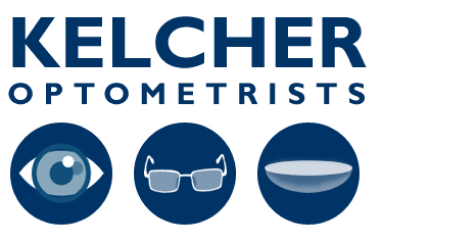Cataracts
You might have heard of cataracts before but do you know what they are, how they can affect you and what options you have for treating them?
In a nutshell, cataracts are a clouding of the lens of your eye, making your vision more misty and blurred over time. The majority of cases occur in older people and they develop slowly over many years. It can affect just one eye or both eyes.
Symptoms
Due to cataracts forming slowly, you might not have any symptoms initially. As the condition progresses, you might begin to notice:
- cloudy or blurry vision
- issues dealing with bright lights
- problems with glare (usually more obvious with night driving)
- colours looking faded or washed out
Cataracts typically don’t cause any pain or irritation and symptoms can vary depending on size, position and how many eyes the cataracts are present in.
Causes
There are no known causes of cataracts – they appear to occur naturally in some people as they get older. Like with many conditions, other health problems and lifestyle choices can increase the risk. Diabetes, smoking, eye injuries, alcohol consumption, excessive exposure to sunlight and certain medications can also be contributing factors.
Consequences if left untreated
If left untreated, cataracts will eventually cause sight loss and in some cases, blindness. Even before this happens, normal activities become difficult or impossible, such as reading, watching TV or driving. Happily, this need not be an inevitability.
Treatment
Cataracts are relatively easy to treat with a short surgical procedure. It involves removing the clouded lens and replacing it with an artificial version. During the early stages of cataracts developing, you might only be given a stronger glasses prescription but an operation is the only option further down the line.
The Community Urgent Eye Care Service (CUES), enables urgent eye appointments for those experiencing new and acute eye conditions. Please read here for further details.
Regular eye exams
This is our area of expertise and we can’t stress the importance of regular eye exams enough. Vision is so often taken for granted and cataracts are just one of many troubles that our eyes are susceptible to. As with any health condition, it pays to be several steps ahead as it makes the job of mitigation, management and ideally prevention, a lot easier. We encourage you to book an eye test today and make this a regular habit.
